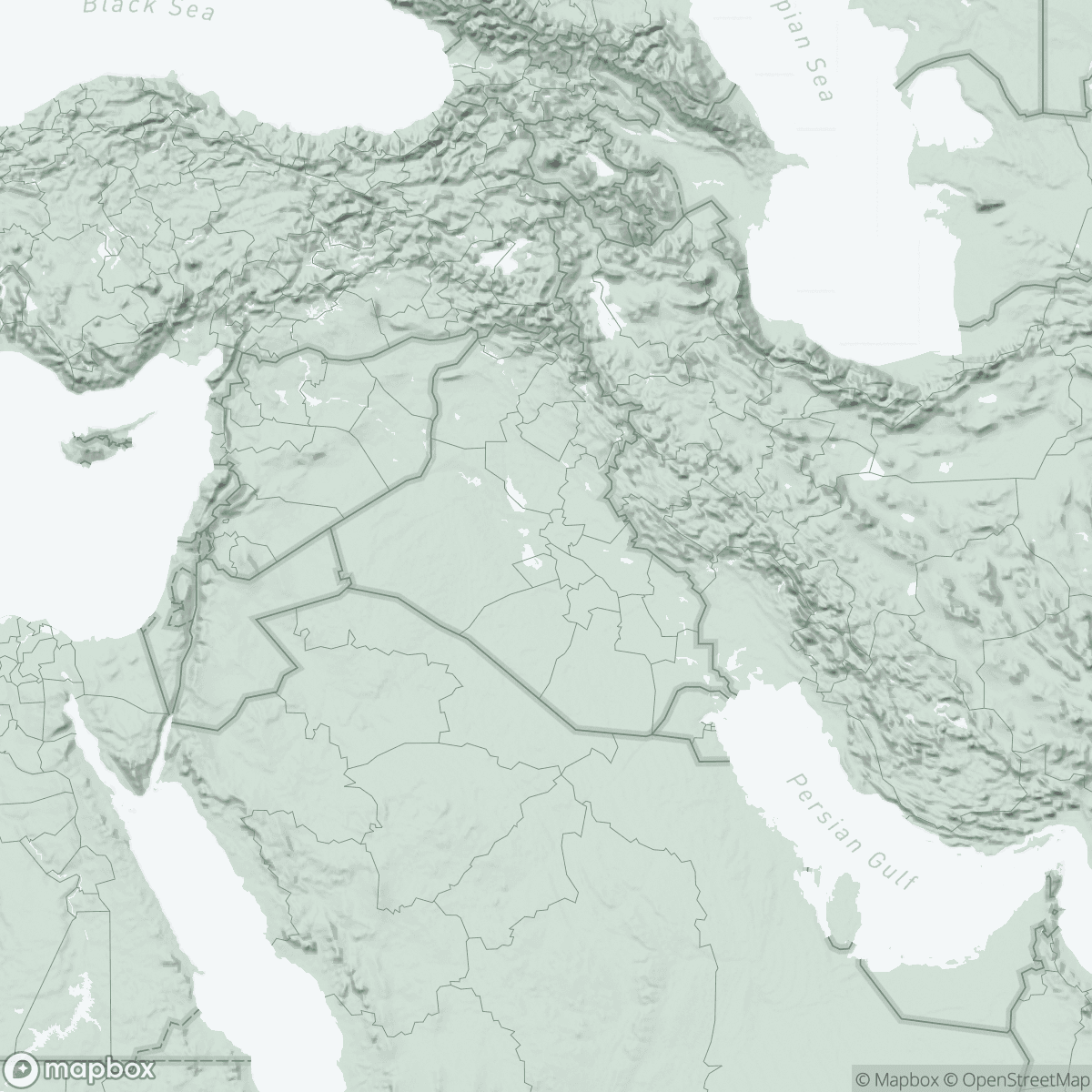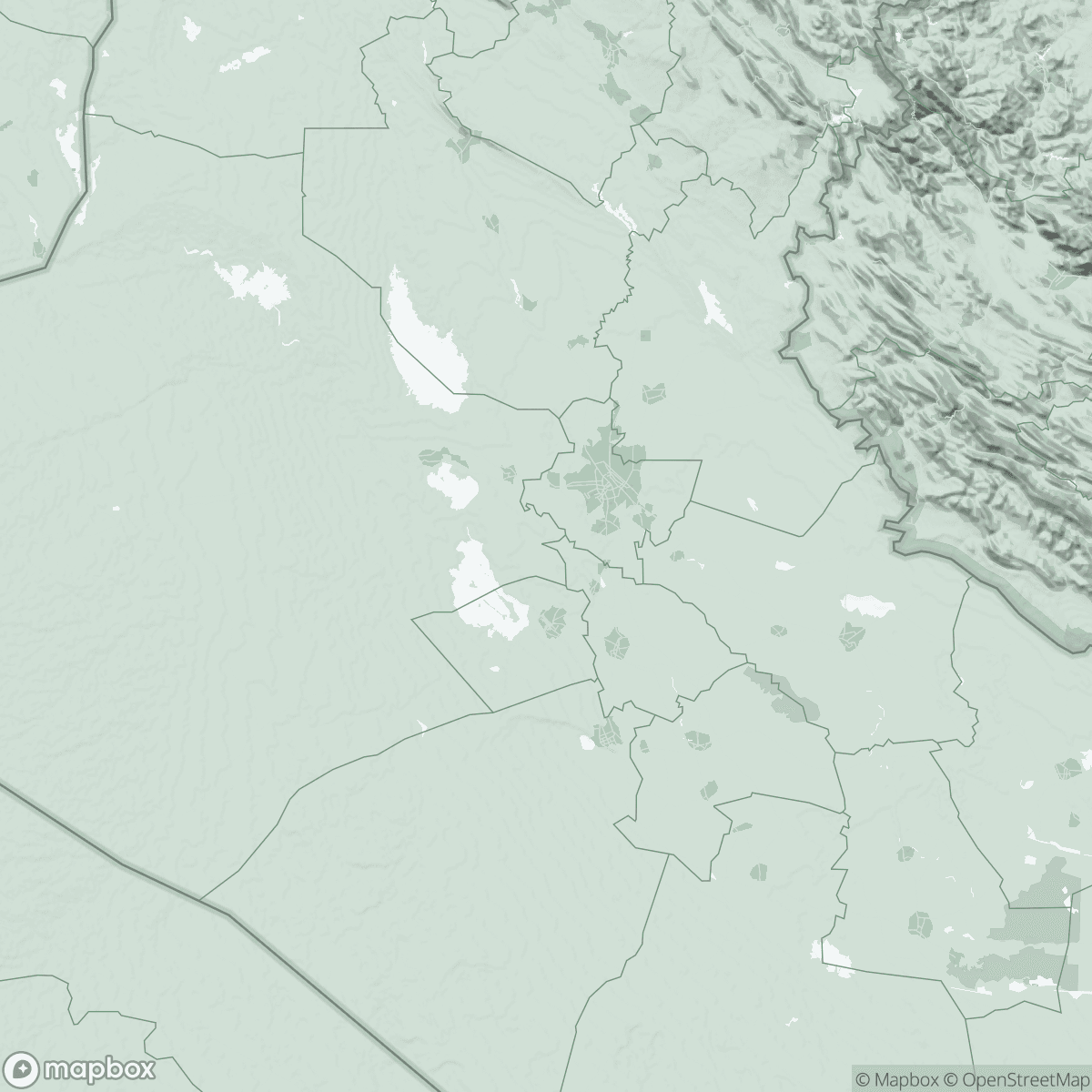
Iraq
In 2024, amid Iraq’s ongoing efforts to rebuild after years of instability and conflict, Médecins Sans Frontières provided essential medical care in several locations across the country.
Our activities in 2024 —
outpatient consultations
births assisted
individual mental health consultations
antenatal consultations
Although the Iraqi health system is showing some signs of improvement, people still have unmet medical needs.
Our work, conducted in three governorates, comprises comprehensive maternal, neonatal, and paediatric care, as well as surgery and health education sessions, to address the needs of communities with limited access to healthcare. We also support people’s mental health, offering individual and group counselling, psychological first aid, and extensive health promotion activities.
Maternal healthcare is the focus of our activities in Ninewa and Dhi Qar governorates. Our teams provide ante- and postnatal care, assistance with deliveries and family planning, as well as offer mental health support and health promotion activities, at two clinics in Mosul – Al-Ubur, on the western outskirts, and Al-Ama, in the Al-Nahrawan neighbourhood – in Ninewa. We provided the same services in Garmat Bani Saeed, in Dhi Qar, until the end of the year.

Meanwhile, at our field hospital in Mosul’s Nablus neighbourhood, we offer basic maternity services, as well as deliveries by caesarean section, neonatal healthcare, and emergency paediatric care.
We also continue to support the national tuberculosis programme with new treatment protocols and training, while ensuring a continuous supply of medications and conducting screening campaigns in places of detention.
In addition to our regular projects in Iraq, we cooperate with directorates of health in various governorates and the ministries of health in both federal Iraq and the Kurdistan region, by training healthcare staff and enhancing infection prevention and control measures in health facilities.

